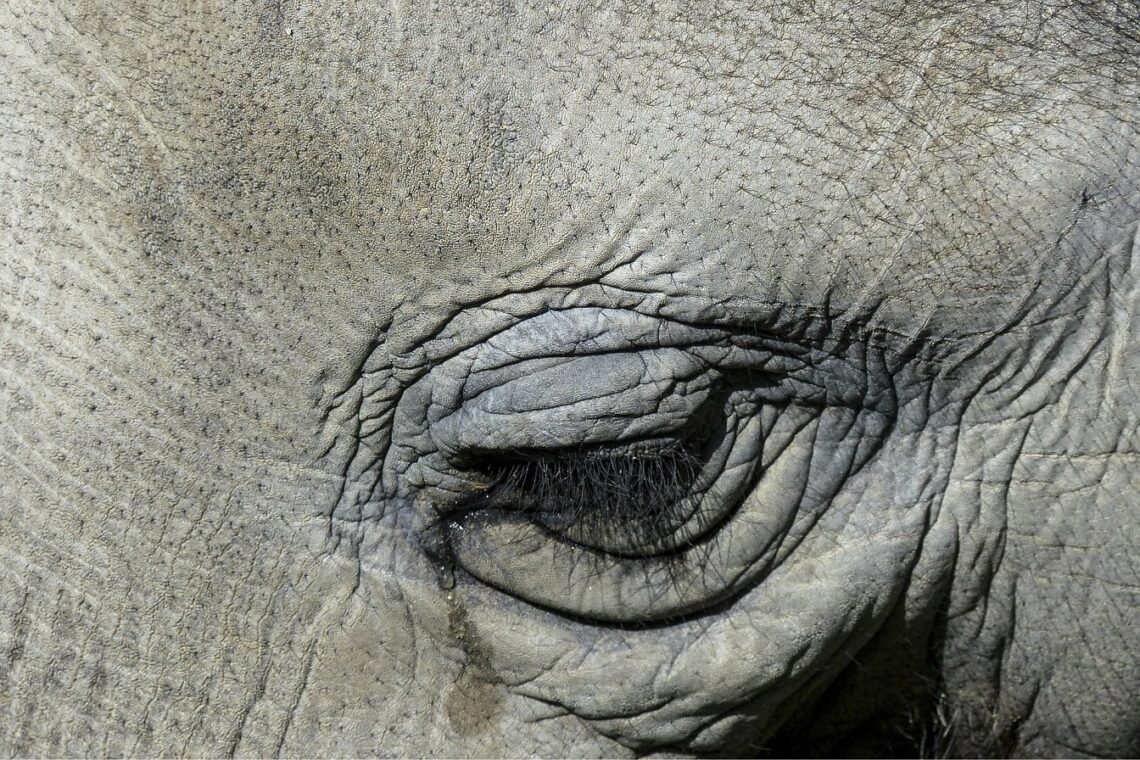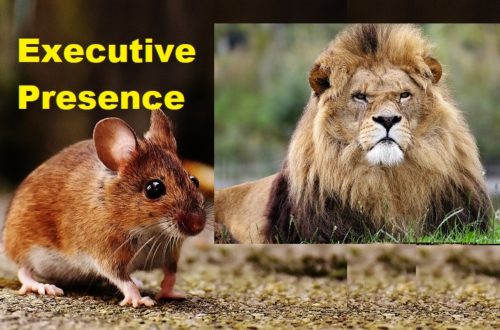
Strong Leaders Also Need Psychological Safety
Psychological safety has become a prevalent concept, encompassing the feeling of safety individuals experience when sharing their thoughts and feelings without risking their status. While this is often attributed to individuals with less power, such as social minorities or those lower in the hierarchy of power or privilege, it also applies to those at the other end of the spectrum. Those in power, who are expected to be strong always, are afraid to show vulnerability, as it can feel unsafe.
For example, during recent layoffs at a Fortune 100 company, Teresa, a senior VP, felt exhausted and disheartened by the situation. Despite this, she believed she needed to display her strength and develop a strategy and vision for her team, even though she knew that making a longer-term plan was impossible in such an uncertain time. It created a challenging polarity, where she thought sharing her true feeling would be seen as a victim, but putting on a facade of strength and marching through would be inauthentic. This inner conflict left her feeling drained and demotivated.
But It doesn’t have to be an either-or choice. When we embrace our human side and can open up about our vulnerabilities, it creates trust and strengthens our professional and personal relationships.
Renowned researcher Dr. Brene Brown shared a story about the strong-man stereotype on her Netflix show Call to Courage. During a family vacation, her husband Steve felt afraid about taking their kids swimming in a lake. But since showing weakness as a man was hard for him, he kept it within him. So when she noticed his unusual quietness despite her attempts to engage, she got curious and helped create that psychological safety for him to open up. As a result, it forged a much stronger relationship in their marriage.
On the leadership front, Pfizer CEO Dr. Albert Bourla shared his story of leading with vulnerability and authenticity in a podcast interview. During the COVID-19 pandemic, his team embarked on a “moonshot” project to develop a vaccine in just nine months, a feat that typically takes ten years. During that time, he was candid with his team – acknowledging his fear and uncertainty but trusting in his team’s knowledge and experience to make progress in that daunting mission. His authenticity and vulnerability helped bring the team together for their higher calling.
Vulnerability requires as much courage for a typically strong person as it does for boldness for someone perceived as weaker. The goal is not about being strong and confident all the time; it’s about wholeness – bringing all our gifts to the table and letting others do the same. Only then we can leverage our collective resourcefulness to solve the problems of the complex and uncertain world we live in today.
Our exclusive small-group coaching program Tech Leads’ Coaching Circle, is open for enrollment. Limited spots. Try it out today!
Feature image: Tearing elephant By ArtTower on Pixabay




